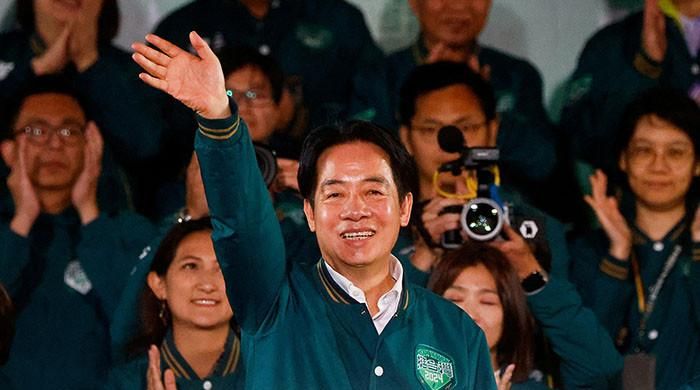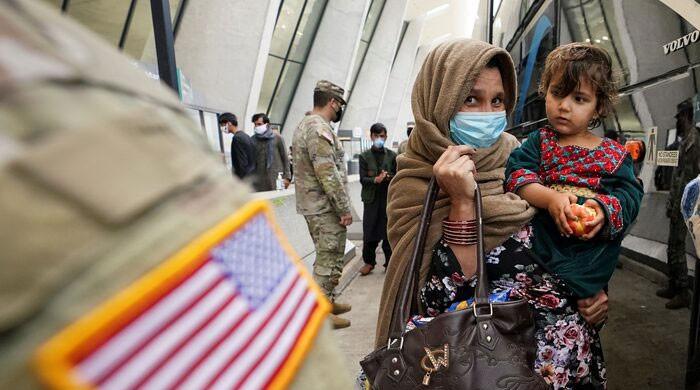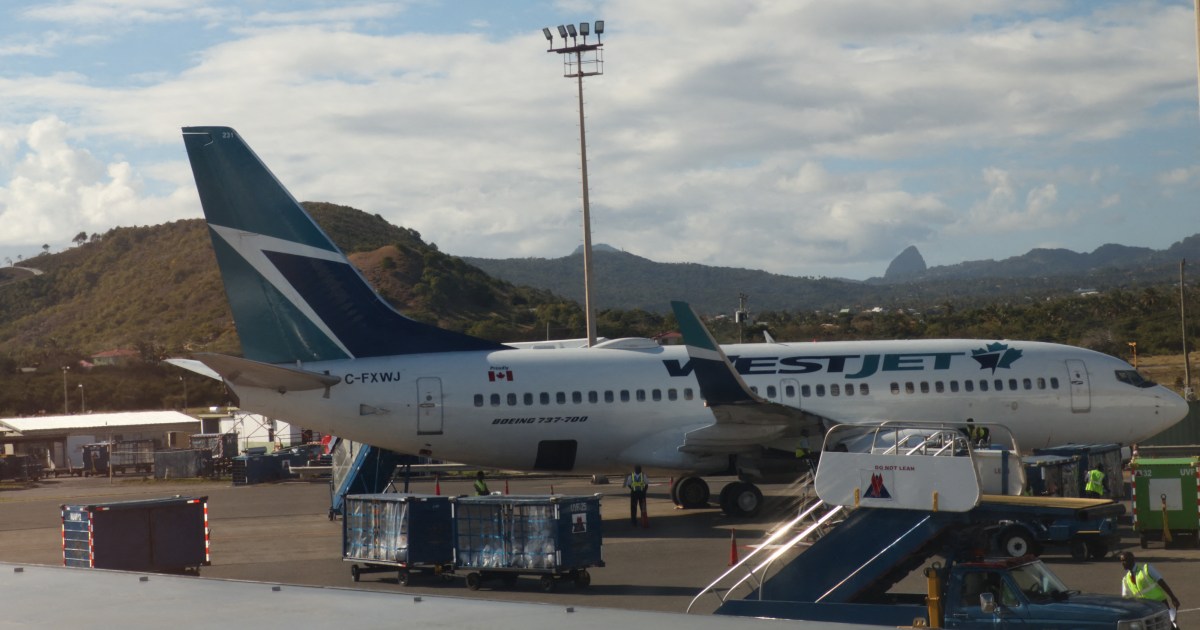Beijing calls William Lai Ching 'serious danger' ahead of election, advises voters to avoid him
- Lai Ching-te vows to protect Taiwan as new president.
- He expresses his gratitude to voters for their support.
- China declares Lai Ching-te a dangerous threat
William Lai Ching-te of the ruling Democratic Progressive Party (DPP) won Taiwan's presidential election despite warnings from China not to support him.
After voters ignored Beijing's threats and overwhelmingly supported it in the election, Taiwan's president-elect Lai Ching-te vowed Saturday to protect the self-ruled island from “bullying” by China, which claims Taiwan as part of its territory, according to AFP.
After an intense campaign in which he positioned himself as the protector of Taiwan's democratic way of life, Lai – whom Beijing has called a threat to peace in the volatile region – secured an unprecedented third consecutive term for the DPP in the elections.
Democratic Taiwan, which is divided from the mainland by a strait measuring 180 kilometers (110 miles), is claimed by Communist China, which is willing to use force to achieve “unification” even in the absence of an immediate threat to the peace.
Beijing, which called Lai a “serious danger” before the vote and advised voters to avoid him, declared that the result would not stop “the inevitable trend toward China's reunification.”
During his victory speech, Lai promised to protect Taiwan from Chinese aggression while preserving peace and stability in the Taiwan Strait.
“We are determined to safeguard Taiwan from China's continued threats and intimidation,” he told his supporters.
After counting the votes from each polling station, the Central Election Commission said Lai had received 40.1% of the total, more than opposition Kuomintang (KMT) candidate Hou Yu-ih, who received 33. 5%.
Beijing and Washington were closely following the elections as the two heavyweights competed for influence in a strategically important area.
Lai expressed gratitude to the people of Taiwan for “writing a new chapter in our democracy” and for heeding the threats and reprimands sent by China, a one-party state.
“We are telling the international community that between democracy and authoritarianism, we will be on the side of democracy,” he said, adding that he will also try to maintain exchanges with China.












